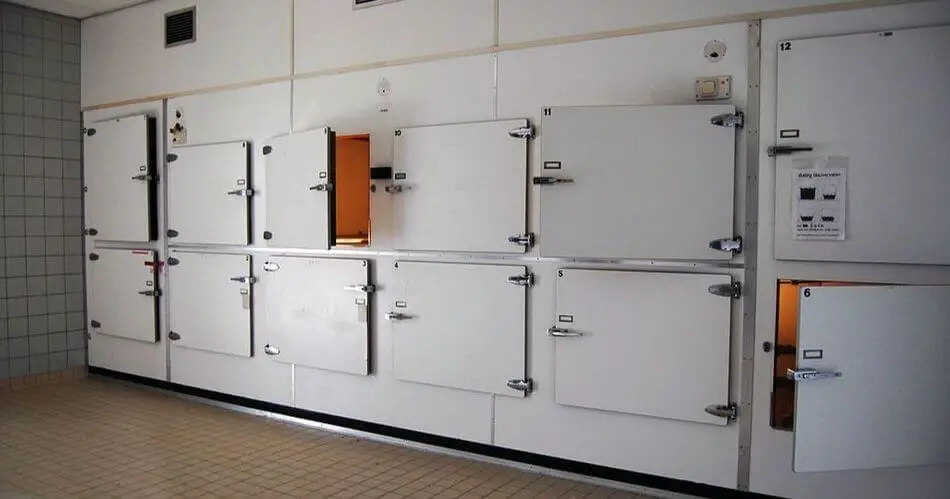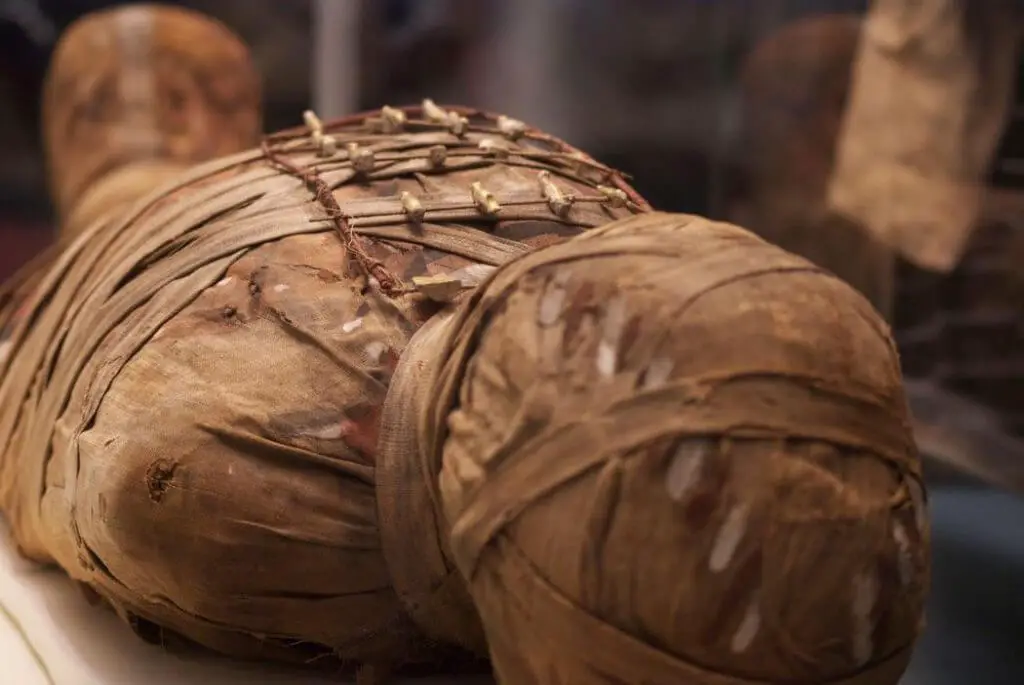Ultimately, everyone ends up with the same fate as nobody can escape death.
Perhaps the only thing different when you die is the choice of what to do with your lifeless body. Would you like to be buried or cremated?
Have you talked about this decision with your loved ones?
In the future, however, there could be a third choice for what to do with corpses.
A funeral home in California is pushing to make dissolving bodies the norm, as opposed to burial or cremation.
Caitlin Doughty, a mortician, told Wired that she’s aware of a machine that will make the disposal of cadavers easier and eco-friendlier.
Called the Resomator, this works slightly similar as cremation but with a better and cleaner process that does away with polluting the environment.

The Resomator uses water and alkali to turn the body into ash. The body will undergo a chemical process known as alkaline hydrolysis.
Instead of fire, which is needed for cremations, the chemicals will dissolve the body quicker and safer into liquid form.
Then this liquid will be drained and set to sewage systems as plant or soil treatments.
The bones are left after the cadaver’s remains have been liquified.
These are made to dry in an oven and then pressed into a sterile powder form that the families can take home.
Admittedly, however, alkaline hydrolysis in a human body may look gross.
Families who are not familiar with the process may be squeamish to imagine what really goes on when the body is being dissolved in liquid form.

But Resomation founder Sandy Sullivan said that the invention is safer for the environment and the health of the people.
Cremation actually makes it possible for cross-contamination and as the families of the dead watches what happens, they’re not aware that they’re being exposed to belching machines that spew gas.
Burials, on the other hand, require liters of embalming fluid that is buried with the body thus poisoning the earth.
There’s also a matter of space concerns with burials as the world is already running out of land to bury the dead.

Additionally, alkaline hydrolysis apparently cost just a tad lower than cremation.
It is practically the better alternative for families struggling with the funeral costs.
Alkaline hydrolysis is also not a relatively new procedure since it has been used for disposing of cadavers of animals and human bodies in medical research for the last 40 years.
A decade ago, some parts of Canada, the United Kingdom and the United States have made it legal to conduct alkaline hydrolysis in human bodies.
So, there is no liability to this process in some states or provinces.
However, there have been oppositions to proposals to adopt the process in other states since lawmakers deemed this as disrespectful to the dead.
The other caveat is perhaps not everyone will welcome the idea that they’ll end up getting dissolved as goo and then powder when they die.





